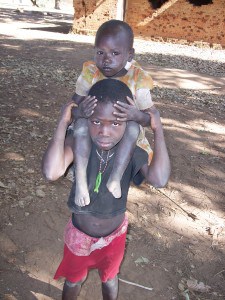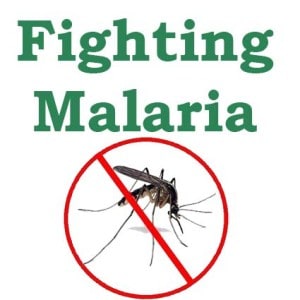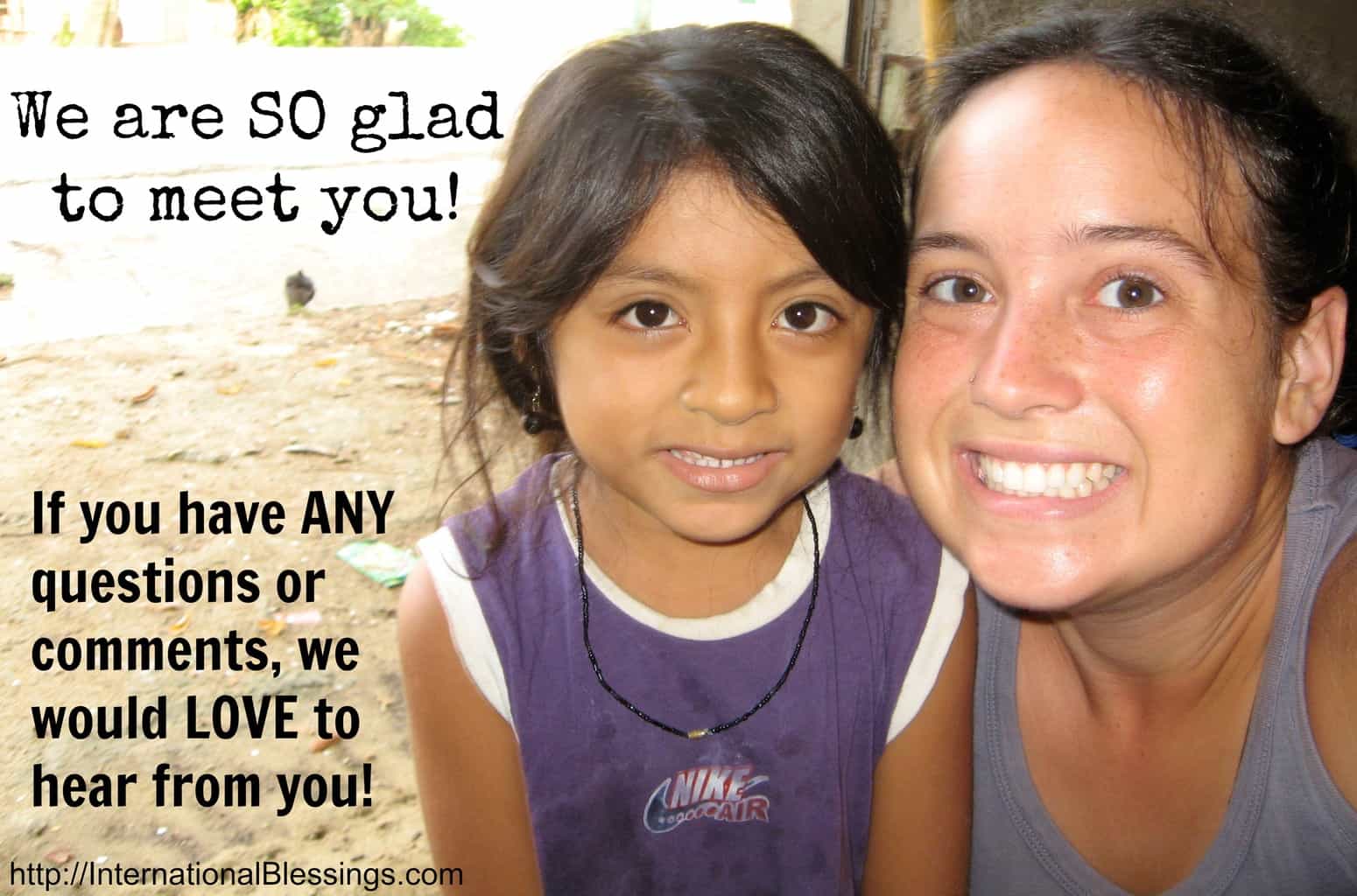Malaria is a preventable and treatable disease, yet a child dies every 60 seconds from Malaria. The good news is Malaria deaths are down by 33% since 2006, and more lives are being saved every day. Last Thursday (April 25th) was World Malaria Day. A day to acknowledge those suffering and a day to educate people so that they will be inspired to help change the statistics of Malaria.
What is Malaria?
This disease is caused by a parasite that commonly infects a certain type of mosquito which then bites humans. Symptoms are typically high fevers, shaking chills, and flu-like illness. The malaria parasite is found in red blood cells of an infected person. So, when a mosquito bites an infected person, it carry’s with it a small amount of blood which mixes with the mosquito’s saliva. When that mosquito bites another person, that parasite is injected into the person being bitten. Malaria can also be transmitted through blood transfusions, organ transplant, or the shared use of needles or syringes contaminated with blood, as well as from mother to child before or during delivery. (CDC)
Not a pretty thought. But vital information that can help rid the world of Malaria.

With that in mind, Malaria is NOT a contagious disease. In other words, it is not spread from person to person like a cold or from casual contact.
Malaria is usually found in tropical and subtropical countries. Occurring in more than 100 countries and territories, about half of the world’s population is at risk. But some countries have eliminated malaria or the type of mosquito is not found there. For example, Malaria in the United States was eliminated in the early 1950’s (although there are 1,500 cases each year, mostly due to traveling).
Malaria can be prevented or treated through the use of antimalarial drugs, mosquito nets treated with insecticide, Anti-Malaria Soap, and early diagnoses.
Check out the links below for more information on fighting malaria and simple ways that you can make a big difference.
- Nothing But Nets Campaign: Send mosquito nets to at-risk communities.
- Malaria No More: Join a movement.
- Centers for Disease Control and Prevention: More details, and how to protect yourself.
- Nets for Life Africa: Another organization sending life saving nets.


